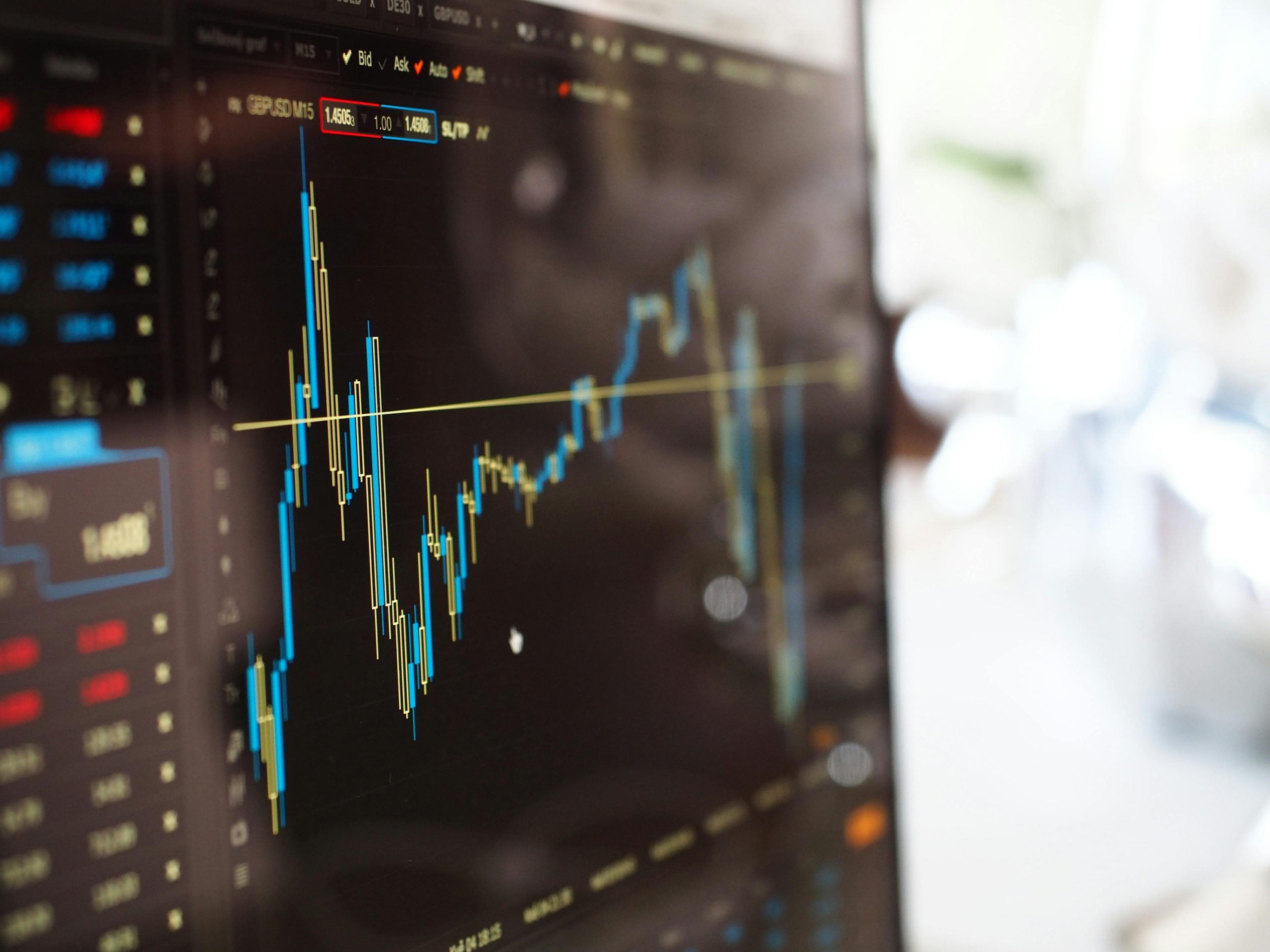Business
The Strategic Advantage of Using a Demo Trader Account

Navigating the complex and often volatile world of trading requires not just courage but also preparation, strategy, and insight.
A Demo Trader Account, also known as a Paper Trading Account, provides a foundational platform for anyone entering the trading arena or looking to refine their strategies.
This article explores the multifaceted advantages of using a demo account, emphasizing its role in a trader’s development and success.
Risk-Free Learning Environment
The primary allure of a demo trader account lies in its ability to simulate real-world trading conditions without any financial risk.
For novices, this means an opportunity to dip their toes into the trading waters, learning to swim without the fear of drowning in losses. This demo trading account acts as a practical classroom where theoretical knowledge meets real-world application, allowing mistakes that, in a real scenario, could lead to significant financial repercussions.
This environment is indispensable for building the confidence necessary to make split-second decisions based on complex market analyses and indicators.
Moreover, it encourages experimentation with different trading styles—be it day trading, swing trading, or long-term investments—providing a comprehensive understanding of various market dynamics and personal risk tolerance.
Strategy Development and Testing
Developing a trading strategy that’s both effective and aligned with one’s risk tolerance is no small feat. A demo account serves as the perfect laboratory for this endeavor.
It enables traders to test out their strategies in real-time market conditions without having to risk their capital on a real platform like a MetaTrader web terminal.
Whether it’s exploring the nuances of technical analysis, experimenting with leverage, or understanding the impact of geopolitical events on market prices, a paper trading account offers a risk-free platform to refine these tactics.
Importantly, it allows for the simulation of trading under different market conditions, providing invaluable insights into how strategies perform under pressure and during various economic cycles.
This iterative process of testing, learning, and adjusting is crucial for developing a resilient and flexible trading approach.
Familiarization with Trading Platforms
The array of tools, charts, and indicators available on trading platforms can be overwhelming. Each platform has its own interface and set of functionalities that can significantly impact trading efficiency and effectiveness.
Through a demo account, traders can familiarize themselves with these platforms, learning how to navigate through different sections, execute trades, and utilize analytical tools to their advantage.
This hands-on experience is vital for ensuring that operational errors are minimized when real money is at stake.
Furthermore, it provides an opportunity to explore and compare different platforms to find one that best suits the trader’s needs, be it in terms of user-friendliness, analytical tools available, or the range of assets offered for trading.
Emotional and Psychological Preparation
The psychological aspect of trading is as crucial as the technical one. Transitioning from a demo to a real account introduces the weight of emotional decision-making, where the potential for financial loss can cloud judgment.
The practice environment of a demo account helps traders build emotional resilience, preparing them for the highs of successful trades and the lows of inevitable losses.
It’s a controlled setting where one can experience and learn to manage the thrill of a win and the disappointment of a loss without actual financial consequences.
This psychological preparation is invaluable, as the emotional control and discipline developed here are key to making rational decisions in the heat of real trading.
Understanding Market Dynamics
The financial markets are influenced by countless factors, from economic indicators and corporate earnings reports to geopolitical events and central bank policies.
A demo account allows traders to observe and interact with these dynamics in real-time, providing a practical understanding of how various factors drive market movements.
This exposure is critical for developing an intuitive grasp of market sentiment, timing trades, and recognizing how a political crisis might affect the value of an asset.
It’s an active learning experience, far more engaging and informative than passive study, offering insights into the interconnectivity of global financial markets and the intricacies of asset price movements.
Application of Theoretical Knowledge
While theoretical knowledge forms the backbone of trading education, its real-world application through a demo account bridges the gap between concept and practice.
This transition from theory to action allows traders to apply what they’ve learned in a simulated but realistic trading environment.
It’s where abstract concepts like risk management, leverage, and portfolio diversification are put to the test, providing a hands-on understanding of how they affect trading outcomes.
Moreover, it offers a platform for continuous learning and skill enhancement, as traders can immediately see the results of their strategies and decisions, allowing for real-time adjustments and learning.
Performance Tracking and Analysis
One of the most significant benefits of a demo account is the ability to track and analyze trading performance over time.
This feature offers traders a mirror to reflect on their trading decisions, strategy effectiveness, and areas for improvement. It’s an analytical tool that provides objective feedback on one’s trading approach, highlighting successful strategies and pinpointing mistakes.
This introspective analysis is essential for personal growth and development in trading, encouraging a mindset of continuous improvement and refinement of strategies.
Transitioning to Real Accounts
Ultimately, a demo account serves as a bridge to the world of real trading. It offers a gradual transition, allowing traders to move to live trading when they feel fully prepared, not just in terms of strategy and platform familiarity but also emotionally and psychologically.
This step-by-step approach minimizes the risk of early losses that can be discouraging and financially damaging.
By the time a trader switches to a real account, they are equipped with the knowledge, skills, and confidence required to navigate the unpredictable waters of financial markets.
Always visit NewsWireNGR for the latest Naija news and updated Naija breaking news.
NewsWireNGRLatest News in Nigeria
Send Us A Press Statement/News Tips on 9ja Happenings: [email protected].
Advertise With Us: [email protected]
